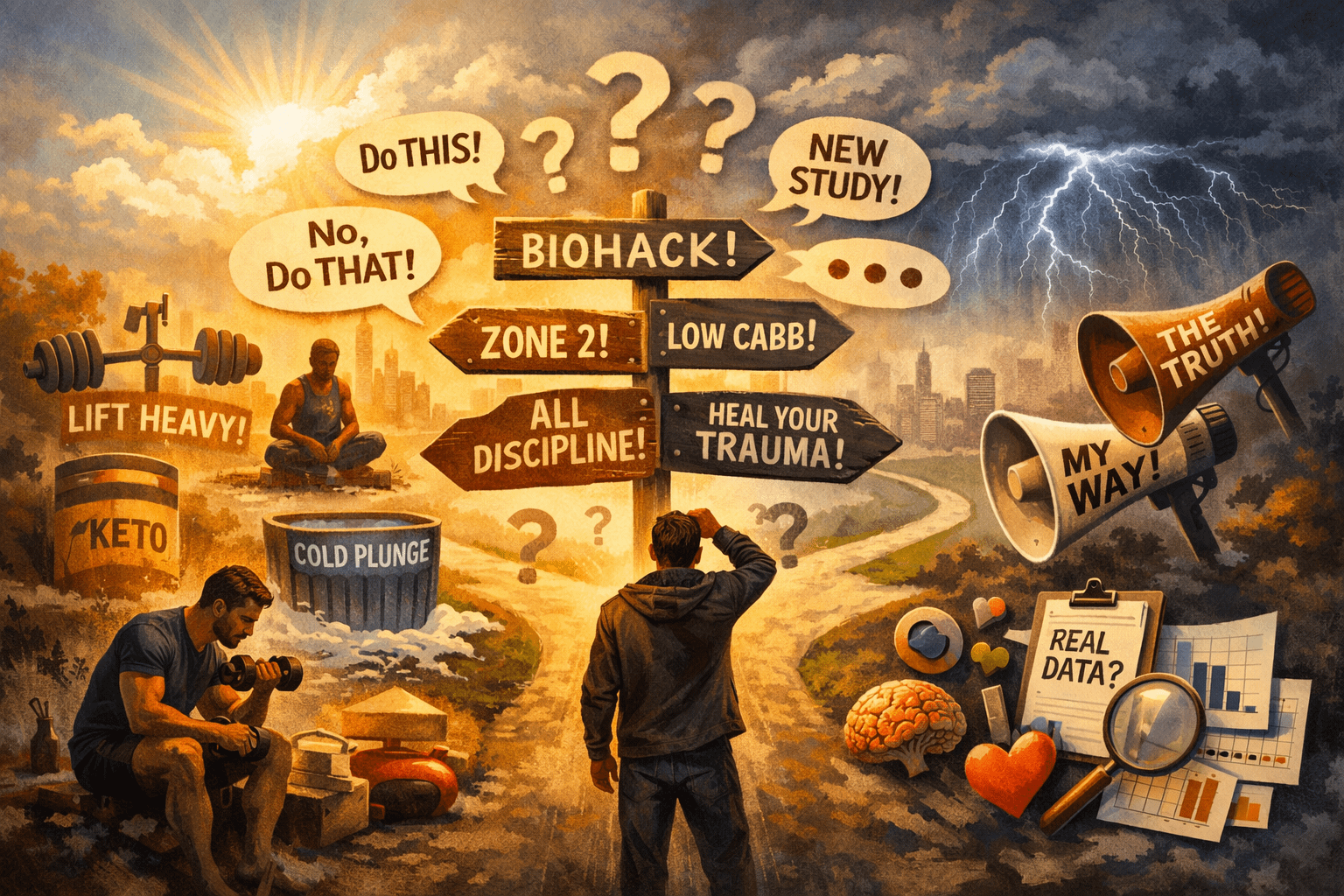Understanding Leadership
A topic Worth Contempleting
Leadership is a complex and multifaceted topic that is being observed by organizational and psychological research.
In fact, American author Warren G. Bennis stated that “Of all the gray and confounding areas in social psychology, leadership theory undoubtedly contends for the top nomination. And, ironically, probably more has been written and less known about Leadership than about any other topic in the behavioral sciences”. Furthermore, the historian and leadership authority James MacGregor Burns said: “Leadership is one of the most observed and least understood phenomena on earth.” This problem also arises its definition. Ralph Melvin Stogdill, a Professor Emeritus of Management Science and Psychology at Ohio State University, claims, “There are almost as many definitions of leadership as those who have attempted to define the concept.” Yet, we continue trying to explain the critical question: What makes a great and effective leader?
This question has caused significant interest because Leadership conveys a powerful and romantic image. In these times of rapid change and environmental complexity, Leadership has become more critical than ever before.
The Past Of Leadership
The history of Leadership is quite rich. Recently, the topic of Leadership has grown a lot. Albert S King, a professor of management at the college of business, created an evolutionary tree of leadership theory using a developmental perspective. He identified nine evolutionary eras with researchers in each period focusing on a specific theme of Leadership.
The purpose of his paper was to analyze the different types of Leadership using the terminology of evolution and to acknowledge each primary Leadership approach in terms of evolutionary eras and periods.
While the term “leader” appeared in the early fourteenth century and was conceptualized even before biblical times, the word leadership existed only from the late eighteenth century. Scientific research on the topic began in the twentieth century, and since then, there has been exhaustive research on the subject.
“Leadership is one of the most observed and least understood phenomena on earth.”

The Future of Leadership
The evolutionary developmental approach of Albert King revealed some important new directions for the future practice of Leadership. The new leader must have many unique qualities to perform effectively. He must be visionary, a risk-taker, and be very agile. Leaders must be capable of delegating and emphasizing innovation. The new leader must reflect the company’s goals, values, and culture and be highly aware of the organization’s environmental circumstances.
New leaders must change their views on power. The old ideas of power were about the top-down domination of subordinates; the new leadership style should be about building his teams’ skills and confidence. Leaders must lead by empowering others. Executives will be influential primarily in their ability to comprehend, visualize, conceptualize, and articulate the organization’s opportunities and threats to their peers and subordinates. The “new leader,” as described by organizational experts, energizes people to action, develops followers into leaders, and transforms company members into agents of change.
AI and its Impact on Leadership
In his book, Five Stars: The Communication Secrets to Get from Good to Great, Carmine Gallo, emphasizes the importance of developing excellent leadership skills. With the rise of AI, many jobs are being affected, and many will be automated. Leadership is not one of them. In fact, Great Leadership will be required to guide the development and applications of Artificial intelligence in a way that will best serve us. “The job of the future may well be [that of] a philosopher who understands technology, what it means to our human identity, and what it means for the kind of society we would like to see,” said Prof Dr. De Cremer.
As automation takes over decision-making, the next generation of leaders will have to take up higher-level responsibilities involving the human aspects of innovative thinking, employee development, and bridging the gap between technology and people. It also means that business leaders have to upgrade their skills and reach higher levels of performance. Yuval Noah Harari, the author of Homo Deus, dedicates a whole section to his book about how important it will be to develop superhuman skills. The author says that the future of humanity is to improve upon themselves to gain “god-like” capabilities: live longer, stronger, and pursue happiness—an upgraded version of ourselves.
That upgrade requires advancing technology and acquiring new skills. And while technology is still in the making, focusing on improving our skills is something we can start doing already. Emotional intelligence, Agility, Empathy, and Cultural intelligence are among the most critical Leadership skills essential for the future.
The future of Leadership is not to be average; it’s about excellence, high performance, continuous learning, and sustainability.
Becoming a Leader Of the Future
A leader of the future is a high-performance leader. It’s someone who has improved holistically: body and mind. A future leader has excellent emotional intelligence, but he is also an inspiration and aspires to change. His way of living and his lifestyle is healthy and exemplary. He leads actively and passively. A great leader is good at managing his energy to be more productive and be there for his team. He leads consciously by communicating to others, giving direction and instructions, supporting them to become their best and meet their goals; he also leads unconsciously by the way you carry yourself and his attitude and behaviors towards others. A leader is a role model.

Top Leadership Skills of The Future
1. Emotional Intelligence
Emotional intelligence is one of the most valuable skills leaders can learn. E.Q. is the ability to recognize and manage oneself and others’ emotions to overcome conflict and better human interaction. People with high E.Q. connect with others with more empathy and understanding. According to a Capgemini survey, emotional intelligence is an essential skill for the era of Artificial Intelligence. The survey shows that 74% of the executives believe that the demand for E.Q. will increase up six times.
Great book about Emotional Intelligence
2. Communication
Effective and accurate communication is one of the most crucial skills to grow as an efficient and successful leader. Excellent communication enables leaders to articulate and share ideas and say what they expect from their subordinates. Mastering the art of communication combining words, tonality, and body language to move people to action is the key to standing out and getting ahead in the age of A.I.
Great book about Communication
3. Confidence
Artificial Intelligence’s change will make regular systems so old-fashioned that most leaders will have more challenging times to keep up with. Therefore, one of the core Leadership skills is facing the unknown and quickly unlearning and learning new things. Leaders will have to adapt rapidly and let go of their old ways to embrace the new and sometimes risky routes. They would also need the confidence to recognize their weaknesses and be open to learning and correcting them.
Great book about Confidence
4. Critical and creative thinking
Critical thinking will remain a Leadership skill. A.I. will make faster calculations based on existing data, but it will not replace the human creative mind. Critical thinking is a human skill that analyzes problems from all points of view using facts, knowledge, data, and previous experiences. This aspect of logical reasoning which sometimes can be counterintuitive is not something that A.I. can perform. The same also applies to decisions that affect creativity and innovation. Companies need to innovate constantly and develop new solutions and business ideas to stay relevant. Only a skilled leader can do that.
5. Inclusive Leadership
Workplaces are becoming more diverse as people from different cultural backgrounds are being hired. Therefore becoming a more inclusive leader and developing cultural competencies is an essential skill to manage various teams. Inclusive leaders will cross-cultural boundaries and thrive while leveraging the expertise that different individuals bring to the workplace.
6. Agility
Business leaders must keep up with the change and continue making critical decisions. Being agile and adaptable will allow them to embrace change, motivate their teams, and celebrate it. Being agile is also being able to adapt quickly and develop new skills. Here, leaders need to view change as an opportunity to grow and innovate. It’s about developing a growth mindset.
7. Humility- Being humble and approachable
Humility is not thinking less of yourself; it’s thinking of yourself less -C.S. Lewis. Leadership is an opportunity to be at service to others. It’s not an opportunity to show self-importance, said Donald Walters. Great Leaders don’t need to act tough. Their confidence and humility should serve to underscore their toughness, declared Simon Sinek.
A great leader must balance confidence and humility. Humble leaders see themselves as part of the team, and they are constantly striving to encourage others to shine.
8. Optimism
Optimism is the tendency to expect positive outcomes even when bad things happen. Optimistic leaders can focus on where they are driving their team and not dwelling on the past. Optimism is about inspiring people ahead.
Becoming a great leader means also:
Focus on High Performance
Eat well, move well, sleep well, and think well: you are like an athlete; you can’t just be sluggish, tired, or over-caffeinated to perform and lead your team. You are important as your team is dependent on you. Sacrificing your health is an old concept. Work hard, play hard doesn’t work anymore. It’s not sustainable. To be there for your team and your family, you need to be there for yourself first.
Improve Your Craft
Learn, learn and keep on learning. Attend seminars, read books, listen to podcasts, get coaching, and sign up for courses. He who thinks he knows it all is a foul.
Practice Vulnerability
In Daring Greatly, Brené Brown describes vulnerability as “uncertainty, risk, and emotional exposure.” It’s the unstable feeling we feel when we step outside of our comfort zone or do something that forces us to loosen control. According to her, ” Leadership is all about finding great talents and having the courage to develop their potential.” Brené explains that creating a culture in which brave work and vulnerability are highly rewarded is a true sign of daring Leadership.
Great book about vulnerability
Set Boundaries
Saying no are the ultimate way of productivity. You don’t have to be always available. In fact, as a leader, you must decentralize command to allow your team to improve their skills. If they always rely on you to guide them, then you are not teaching them self-reliance, and you are making yourself indispensable.
Be a Coach
Instead of having an answer to every question, the best leaders are really great coaches. They can guide others to arrive at their own solutions, put them into action, and set goals.
If you want to fight fires, the most effective way isn’t being a great firefighter; it’s by training others to help fight the fires -Matt Whiat.
Hit The Snooze
Unplug as many times and as often as possible. Creativity and innovation are fueled when you take time off doing your hobbies or inactive rest. Walks in nature, doing sports, Sauna and cold plunges, and yes, this is not only applicable to athletes. In fact, you must act as one, your training ground is your office, and you compete to make the world a better place with an infinite mindset.
Keep Your Eyes On The Prize.
Don’t forget your Why, your company’s mission, and your core values.
And last but not least,
Reflect on Your Legacy
What do you want to leave behind, how do you influence your team and your generation? What’s your philosophy?




